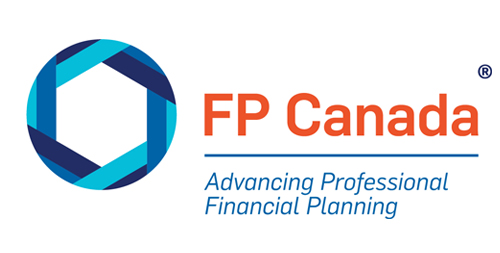Change Process
KNOWLEDGE EXPECTED OF: QAFP® Professionals
Highest Knowledge Level: Awareness
Knowledge Levels and Associated Verbs
|
Awareness
The state of being aware that something exists / to have familiarity with a particular activity or subject
|
Understanding
To comprehend the general relationship of particulars / to have an expertise with how something works
|
Application
Ability to put information to use / to use knowledge for relevant, practical purposes
|
Evaluation
To judge or conclude by utilizing data / a systematic determination of something’s worth or significance
|
||||||
|---|---|---|---|---|---|---|---|---|---|
|
Define
To state exactly the meaning of
|
Identify
To be aware of / to recognize and correctly name / to locate an appropriate resource
|
Explain
To make clear the meaning of / to describe something in more detail or reveal relevant facts or ideas related to it
|
Determine
To ascertain / to come to a decision, such as by investigation or reasoning
|
Compare
To note the similarities and differences between two or more things
|
Estimate
To determine an approximate value for
|
Calculate
To find the value using mathematics
|
Convert
To change from one form or purpose to another
|
Evaluate
To reach a conclusion or make a through careful study
|
Interpret
To give the meaning of / to construe or understand / to translate orally
|
Hold cursor over or click on each term to read its definition.
- Define the elements of the change process.†
- Pre-contemplation (denial or ignorance of need to change; not thinking about change)
- Contemplation (ambivalence towards or considering change)
- Preparation / Planning (identifying goals related to change, preparing plan of action)
- Action (implementing the steps to achieve change)
- Maintenance (maintaining new behaviour or action)
- Termination / Relapse (reverting to previous behaviour or action; gaining insight)
- Identify the components that may be a part of planning for change, such as:
- Goals for change
- Motivation to change
- Tasks required to achieve change
- Potential obstacles that may prevent change
- Measures of success
- Identify that a financial planner may act as a facilitator of change by helping an individual progress through the change process.
- Identify the steps that a financial planner may engage in when facilitating the change process with an individual.
- Identify the behaviour change to be made
- Create a plan to implement behavioural change
- Support the behavioural change
† Financial planning professionals may wish to be aware of a model for change to help influence individuals to accept recommendations that would allow them to progress towards their goals. An understanding of the reasons for resistance and the link between motivation and behaviour is essential for financial planners.
KNOWLEDGE EXPECTED OF: CFP® Professionals
Highest Knowledge Level: Awareness
Knowledge Levels and Associated Verbs
|
Awareness
The state of being aware that something exists / to have familiarity with a particular activity or subject
|
Understanding
To comprehend the general relationship of particulars / to have an expertise with how something works
|
Application
Ability to put information to use / to use knowledge for relevant, practical purposes
|
Evaluation
To judge or conclude by utilizing data / a systematic determination of something’s worth or significance
|
||||||
|---|---|---|---|---|---|---|---|---|---|
|
Define
To state exactly the meaning of
|
Identify
To be aware of / to recognize and correctly name / to locate an appropriate resource
|
Explain
To make clear the meaning of / to describe something in more detail or reveal relevant facts or ideas related to it
|
Determine
To ascertain / to come to a decision, such as by investigation or reasoning
|
Compare
To note the similarities and differences between two or more things
|
Estimate
To determine an approximate value for
|
Calculate
To find the value using mathematics
|
Convert
To change from one form or purpose to another
|
Evaluate
To reach a conclusion or make a through careful study
|
Interpret
To give the meaning of / to construe or understand / to translate orally
|
Hold cursor over or click on each term to read its definition.
- Define the elements of the change process.†
- Pre-contemplation (denial or ignorance of need to change; not thinking about change)
- Contemplation (ambivalence towards or considering change)
- Preparation / Planning (identifying goals related to change, preparing plan of action)
- Action (implementing the steps to achieve change)
- Maintenance (maintaining new behaviour or action)
- Termination / Relapse (reverting to previous behaviour or action; gaining insight)
- Identify the components that may be a part of planning for change, such as:
- Goals for change
- Motivation to change
- Tasks required to achieve change
- Potential obstacles that may prevent change
- Measures of success
- Identify that a financial planner may act as a facilitator of change by helping an individual progress through the change process.
- Identify the steps that a financial planner may engage in when facilitating the change process with an individual.
- Identify the behaviour change to be made
- Create a plan to implement behavioural change
- Support the behavioural change
† Financial planning professionals may wish to be aware of a model for change to help influence individuals to accept recommendations that would allow them to progress towards their goals. An understanding of the reasons for resistance and the link between motivation and behaviour is essential for financial planners.



 previous / Heuristics and Biases
previous / Heuristics and Biases